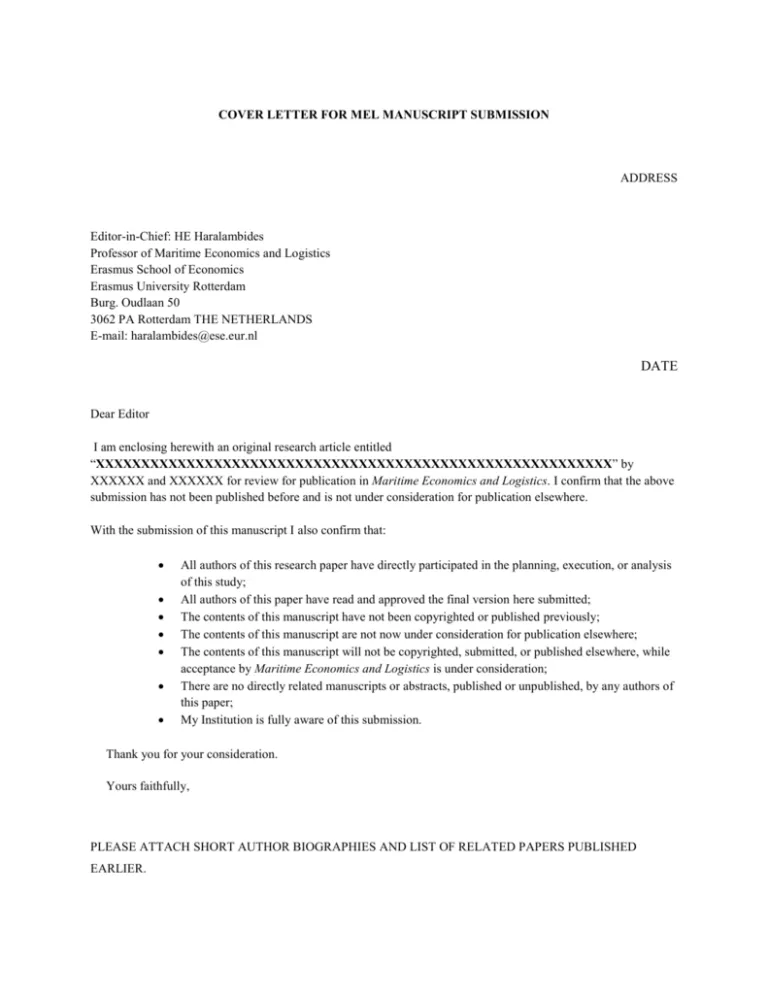Understanding the Novel Submission Cover Letter
A novel submission cover letter is a crucial document accompanying your manuscript when submitting to literary agents or publishers. It serves as your introduction, a concise summary of your novel, and a demonstration of your professionalism. Think of it as your first impression, and just like a first impression in person, you want to make it count. A well-crafted cover letter can significantly increase your chances of getting your manuscript read and considered, while a poorly written one can lead to an instant rejection. It’s your opportunity to showcase not only your story but also your understanding of the publishing industry and your ability to communicate effectively.
The Purpose of a Cover Letter
The primary purpose of a cover letter is to grab the agent or publisher’s attention and convince them to read your manuscript. It’s more than just a formality; it’s a marketing tool designed to sell your novel. It provides context for your story, highlights its unique selling points, and establishes a connection between you and the recipient. A cover letter allows you to succinctly explain why your novel is worth their time and why you are the right author to tell this story. It is also a chance to demonstrate your knowledge of the agent or publisher and why your work is a good fit for them.
Key Elements of a Compelling Cover Letter
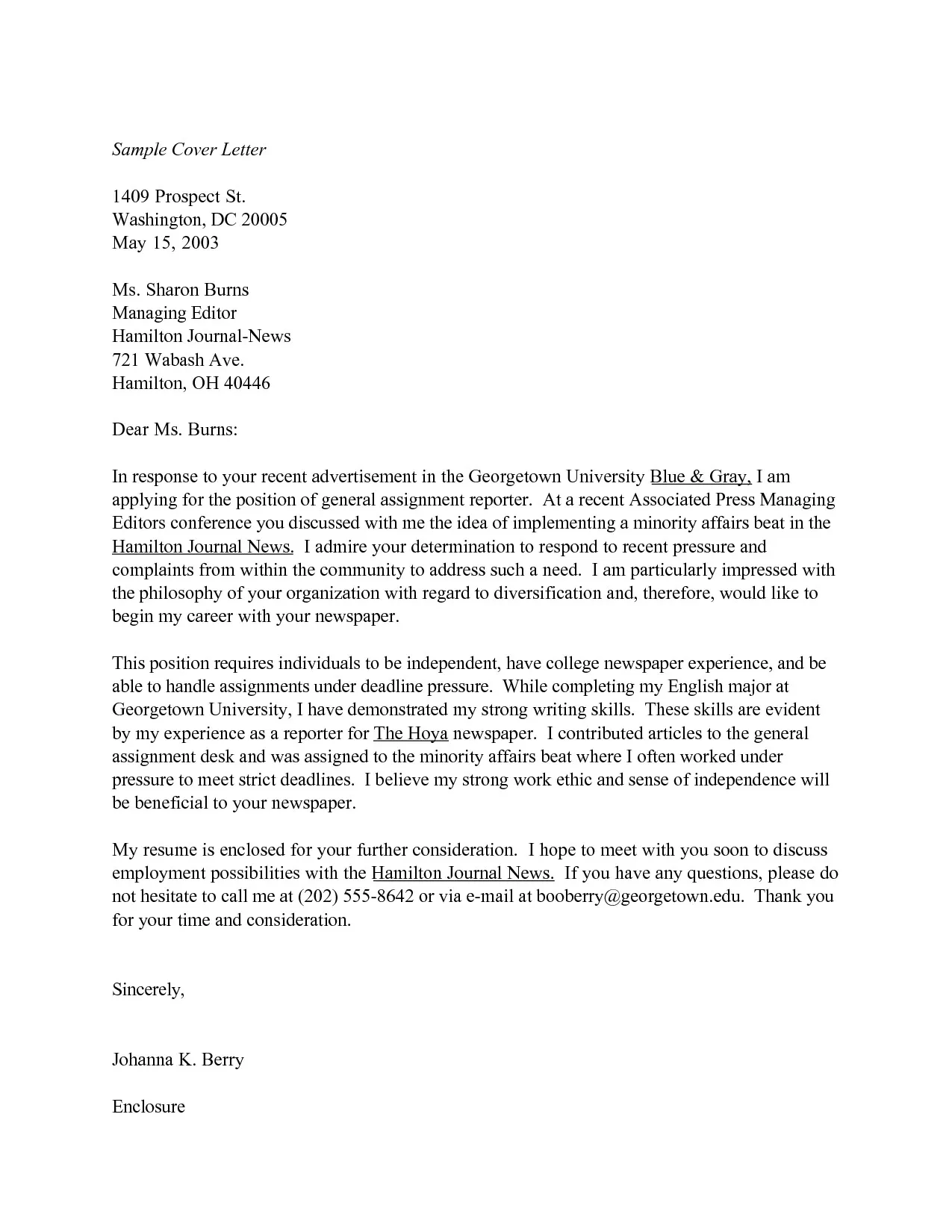
A strong cover letter should include several essential elements. Start with a professional salutation, addressing the agent or publisher by name if possible. Briefly introduce yourself and mention where you found their contact information. Then, provide a concise, engaging summary of your novel, focusing on the core plot, characters, and conflict. Highlight the genre and target audience. Next, briefly mention your qualifications, relevant experience, or any achievements that make you a good fit for the project. Finally, end with a polite closing, restating your interest and expressing your gratitude for their time and consideration.
Crafting a Standout Cover Letter
Personalization and Research
Personalization is key. Avoid using a generic template. Research the agent or publisher you are submitting to. Visit their website, read their submission guidelines carefully, and familiarize yourself with the types of books they represent. Mention specific books they have published that resonate with your novel. This shows that you have done your homework and are genuinely interested in working with them. Demonstrate that you are not just sending out a mass email; you are tailoring your submission to their specific interests and preferences. This level of detail sets you apart from the countless generic submissions agents receive.
Hooking the Agent or Publisher
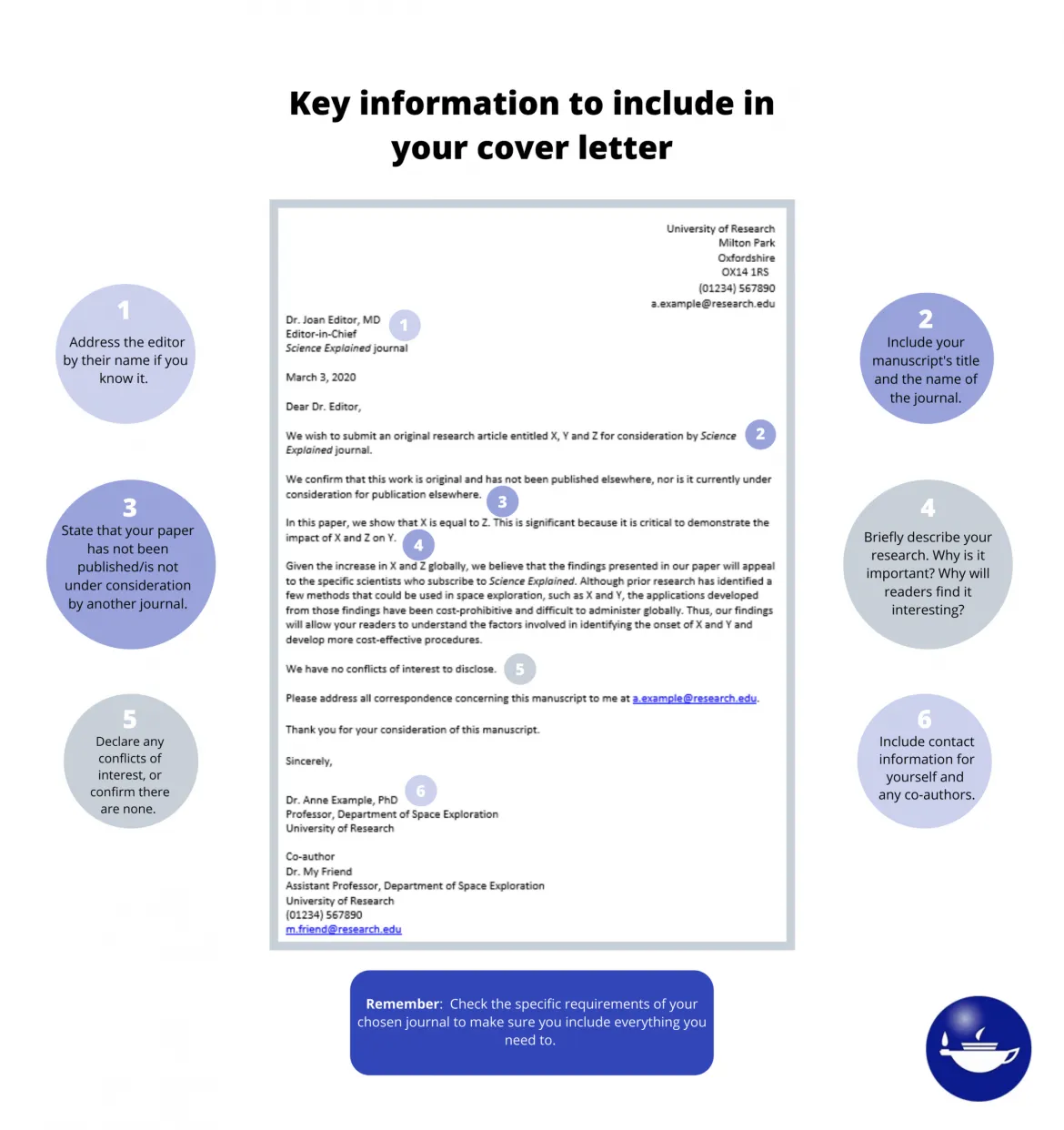
From the outset, your cover letter needs to capture the reader’s attention. Start with a compelling hook that instantly draws them in. This could be a brief, intriguing line about your novel’s premise or a striking detail from the story. Avoid clichés and overly dramatic statements. The goal is to pique their curiosity and make them want to learn more. Keep it concise – the hook should be short and impactful. Think of it as the equivalent of the opening scene of a movie, designed to leave the reader eager for more.
Summarizing Your Novel
Your novel summary should be concise, typically around 100-150 words. Focus on the core elements of your story – the protagonist, the main conflict, the stakes, and the overall theme. Avoid overwhelming the reader with too many details. Instead, create a sense of intrigue by focusing on the most compelling aspects of your plot. Show, don’t just tell, using evocative language to bring your story to life. Your summary needs to be informative but also exciting, ensuring the agent or publisher sees the potential of your manuscript.
Highlighting Your Qualifications
Include relevant information about yourself that supports your novel. Mention any writing credentials, such as a degree in creative writing, participation in workshops, or awards. If your novel is based on personal experience, briefly mention your background. If you have published short stories or articles, include the details. However, only highlight what is relevant to the novel or the publishing industry. The aim is to demonstrate that you are not only a talented writer but also a credible one. Keep the tone professional and avoid overselling yourself – let your accomplishments speak for themselves.
Formatting and Presentation

Presentation matters. Use a professional, easy-to-read font like Times New Roman or Arial, with a size of 12 points. Maintain consistent formatting throughout your cover letter. Use standard business letter format with your contact information at the top. Keep the letter concise, ideally one page. Ensure the letter is well-spaced with clear paragraphs. Proofread meticulously. The goal is to present a professional image, showing that you take your writing seriously and respect the agent or publisher’s time. A clean, well-formatted letter demonstrates attention to detail.
Common Mistakes to Avoid
Typos and Grammatical Errors
Typos and grammatical errors are a major turn-off. They suggest a lack of professionalism and attention to detail, which can undermine your credibility as a writer. Proofread your cover letter carefully. Use spellcheck and grammar check tools, but also read through the letter multiple times to catch any mistakes that automated tools might miss. If possible, have someone else read your cover letter for you; a fresh pair of eyes can often spot errors you’ve overlooked. A polished, error-free cover letter reflects positively on your writing skills and work ethic.
Generic or Overused Phrases
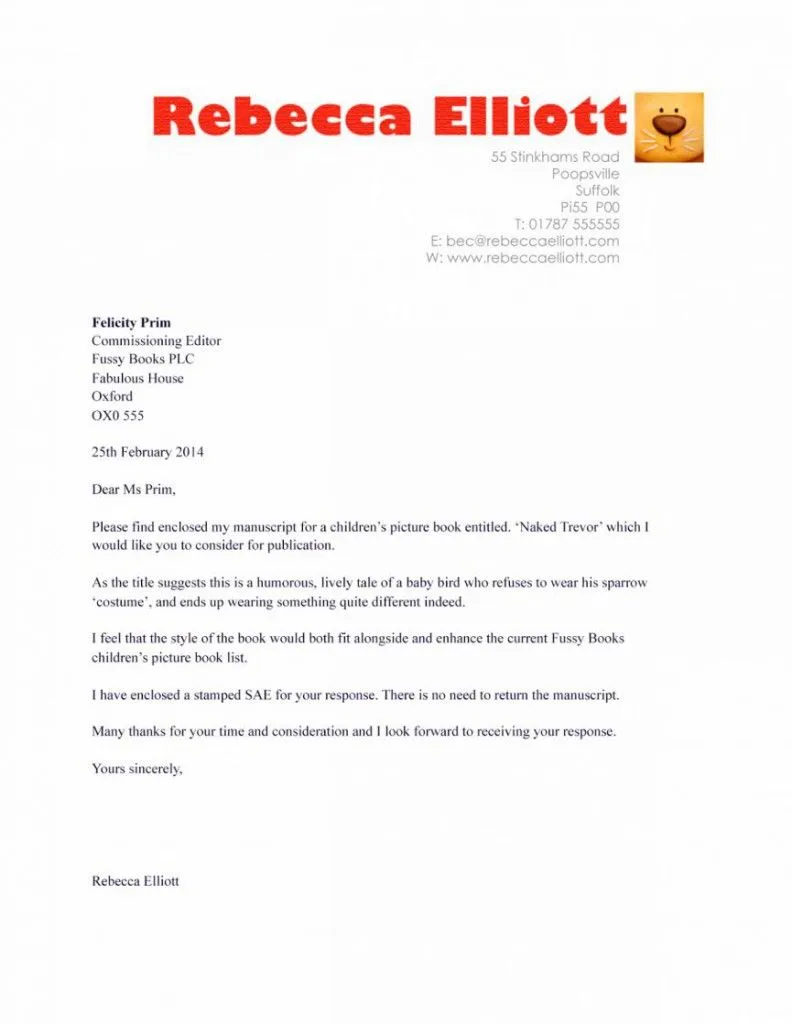
Avoid using generic, overused phrases that make your cover letter sound like a template. Sentences like “I am writing to express my interest…” or “I have always dreamed of writing a novel…” are often found in many cover letters and do not make you stand out. Be original and authentic in your language. Use active voice and avoid clichés. The goal is to sound genuine and passionate about your work, which is more likely to capture the reader’s attention than a generic statement.
Ignoring Submission Guidelines
Failure to adhere to the agent or publisher’s submission guidelines is a common mistake. Carefully read and follow all the instructions provided on their website. This includes the length of the cover letter, the format, and the specific information they require. Ignoring these guidelines shows that you have not done your research and are not serious about submitting to them. Agents and publishers often receive hundreds of submissions, and they are looking for any reason to reject a manuscript. Following the guidelines demonstrates respect and professionalism.
Polishing Your Cover Letter
Proofreading and Editing
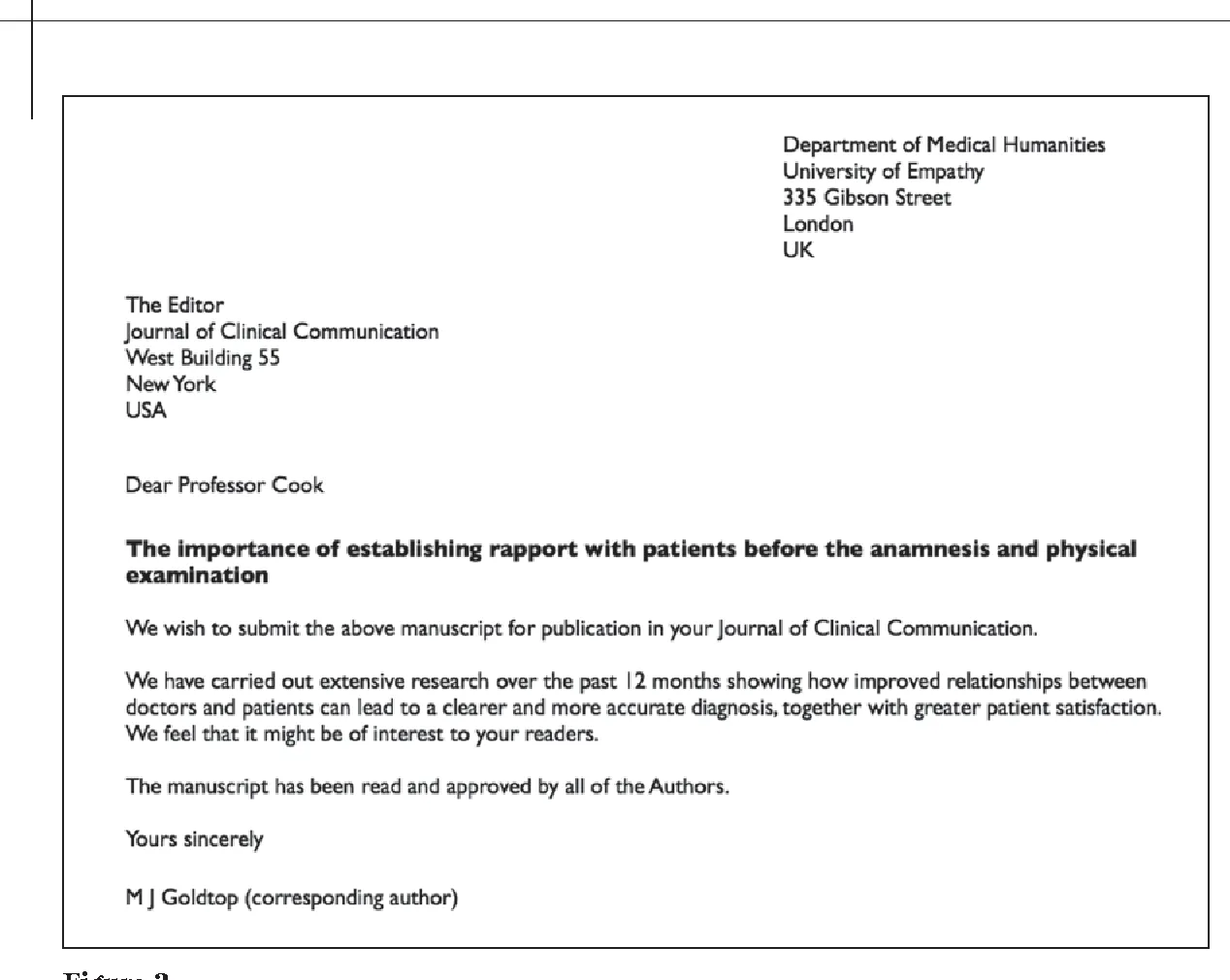
Proofreading and editing are essential steps in perfecting your cover letter. After you’ve written your first draft, take a break and then come back to it with fresh eyes. Read through your cover letter slowly, checking for typos, grammatical errors, and awkward phrasing. Pay attention to sentence structure and flow. Ensure the letter is concise and that every word serves a purpose. Consider using editing software or asking a friend or family member to proofread your letter. A final, meticulous review is the key to a polished, professional cover letter.
Seeking Feedback
Don’t be afraid to ask for feedback. Share your cover letter with other writers, editors, or trusted friends and family members. Ask them for their honest opinions on the clarity, conciseness, and overall effectiveness of your letter. Be open to criticism and use it to improve your writing. Consider asking someone with experience in the publishing industry for their feedback. Multiple perspectives can help you refine your cover letter and increase its chances of success. Seeking feedback is a sign of a dedicated writer who is committed to improving their craft.
In conclusion, crafting a compelling novel submission cover letter is a crucial step in the publishing process. It is your opportunity to make a strong first impression and convince agents or publishers to read your manuscript. By understanding the purpose of a cover letter, incorporating key elements, avoiding common mistakes, and polishing your writing, you can significantly increase your chances of success. Remember to be professional, personalized, and passionate about your work. Good luck with your submissions!
